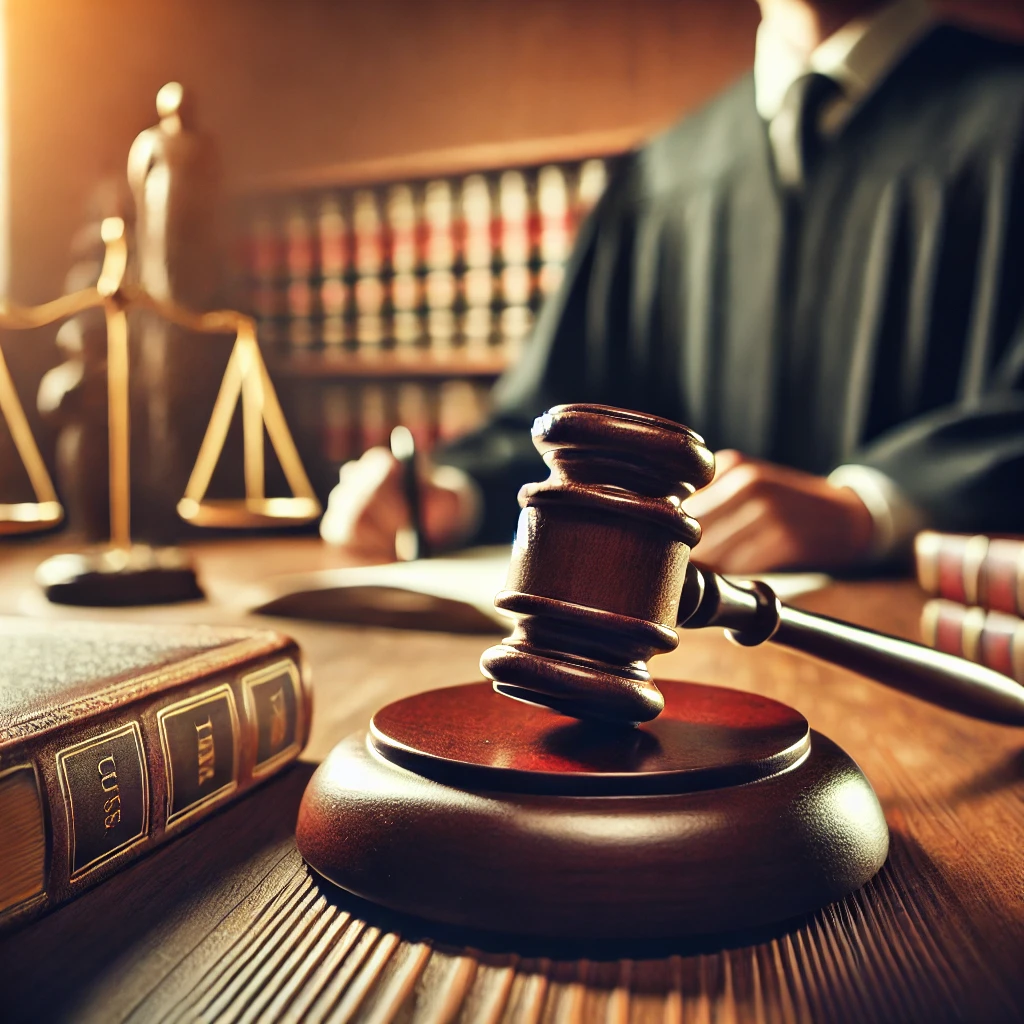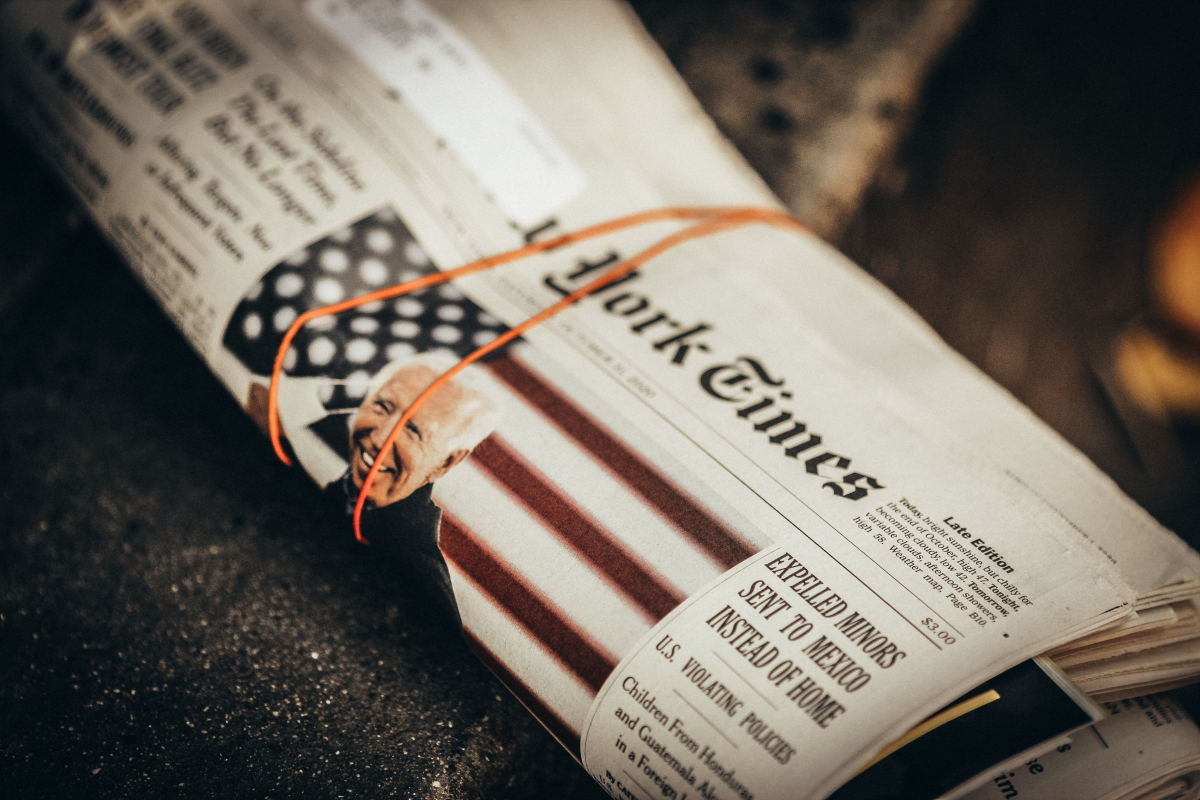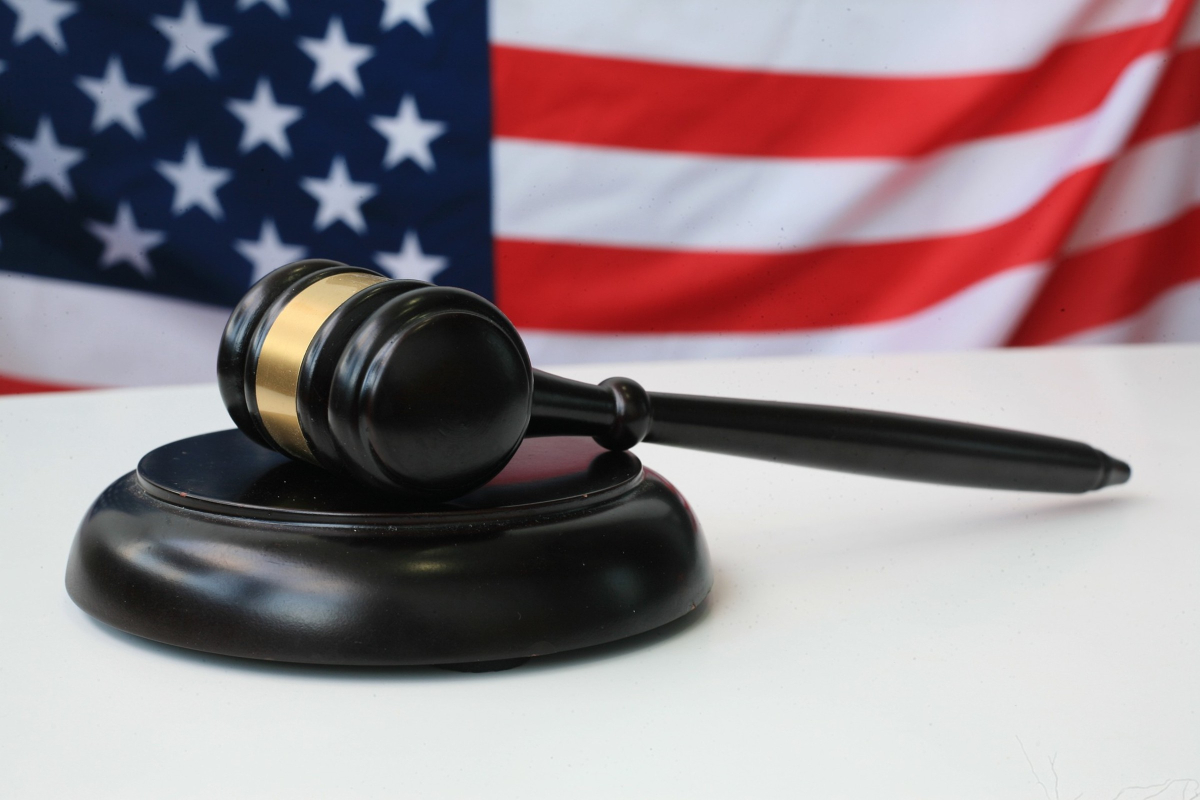Supreme Court Reform Debate
In recent months, the debate over Supreme Court reform has moved from political arenas to courtrooms. Several advocacy groups and legal scholars have filed lawsuits challenging proposed changes, including court-packing and term limits for justices. These lawsuits target both federal policymakers and state officials implementing reform measures, arguing that such changes undermine judicial independence and violate constitutional principles.
The motivations behind these lawsuits stem from deep ideological divides. Reform advocates argue that expanding the Supreme Court is necessary to counterbalance years of conservative appointments that they believe do not reflect the nation’s current political landscape. They claim that reforms, including term limits, would create a more accountable and representative judiciary. Conversely, opponents of these changes warn that tampering with the structure of the Court risks making it a political tool, eroding its integrity and independence. Such polarization has fueled a contentious legal and public debate.
Additionally, proponents of reforms argue that the Court’s current structure no longer reflects the evolving demands of a diverse and rapidly changing society. They suggest that term limits, in particular, could reduce the politicization of judicial appointments by ensuring regular turnover on the bench. Meanwhile, opponents caution that such changes could inadvertently weaken the judiciary by exposing it to greater political influence, particularly during periods of heightened partisanship.
Is the Case Strong? The strength of these lawsuits depends heavily on constitutional interpretation. Plaintiffs argue that altering the Court’s structure without a constitutional amendment is an overreach of Congressional authority. The U.S. Constitution provides for the establishment of a Supreme Court but leaves much of its organization, including the number of justices, to the discretion of Congress. Reform opponents lean on historical precedent, noting that the Court has had nine justices since 1869, a structure that has provided stability for more than 150 years.
Proponents of reform counter with examples of changes to the judiciary throughout U.S. history, asserting that such adaptations are not without precedent. For instance, the Judiciary Act of 1789 initially set the number of justices at six. Over time, Congress adjusted the Court’s size to reflect the nation’s growth and changing needs. Supporters argue that the current nine-justice framework, while enduring, is not immutable and can be revisited to address modern challenges.
Critics of reform highlight the potential risks associated with such changes, including the erosion of public trust in the judiciary. They warn that frequent alterations to the Court’s structure could lead to a destabilizing cycle of retaliation between political parties, undermining the Court’s role as an impartial arbiter of the law. This tension underscores the high stakes of the ongoing legal battles.
Who Should Bear Responsibility? Responsibility for addressing this contentious issue lies with lawmakers, the judiciary, and the public. Lawmakers proposing reforms must carefully evaluate whether their actions align with both constitutional principles and public interest. The judiciary, tasked with interpreting the legality of such measures, must maintain its role as an impartial arbiter, resisting political pressures that could compromise its independence.
Public engagement is critical in shaping the outcome of these debates. Advocacy groups must prioritize transparency and factual discourse to avoid polarizing the public further. Encouraging informed discussions can help bridge divides and lead to reforms that preserve the judiciary’s integrity while addressing modern challenges.
Moreover, bipartisan cooperation will be essential in crafting solutions that balance the need for reform with the preservation of judicial independence. Efforts to build consensus among lawmakers, scholars, and the public could pave the way for meaningful change that strengthens the judiciary rather than undermining it.
Ultimately, the resolution of these lawsuits will have profound implications for the future of American democracy. Whether reforms are enacted or not, the judiciary’s role as a stabilizing force within the government must remain uncompromised. Stakeholders across all sectors must approach these debates with caution, ensuring that any changes strengthen rather than weaken the foundations of the nation’s legal system. As the legal challenges unfold, they will undoubtedly shape the national conversation about the balance of power, the rule of law, and the role of the judiciary in a democratic society.











